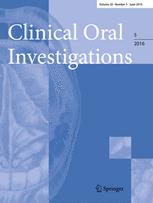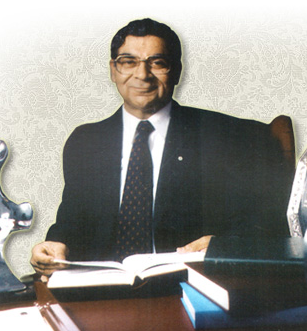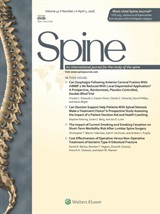 An article on how missing teeth affect chewing was — well, pulled — when someone noticed a few errors. The journal later published a corrected version.
An article on how missing teeth affect chewing was — well, pulled — when someone noticed a few errors. The journal later published a corrected version.
The retraction for “Chewing ability in an adult Chinese population” appeared in Clinical Oral Investigations in 2012, but we’re sharing it with you now because the notice contains some remarkable language:
This article has been withdrawn due to wrong content with serious consequences such as danger to people’s health.
Last author Nico H.J. Creugers, who works at Radboud University Medical Center in the Netherlands, told us:
Continue reading Dental paper pulled for “wrong content with serious consequences”


 Misconduct by a chemist at a Colorado lab run by the U.S. Geological Survey (USGS) has
Misconduct by a chemist at a Colorado lab run by the U.S. Geological Survey (USGS) has 


 The authors of a study about spinal fusion surgery have retracted it after realizing the cohort study was described as a prospective, randomized trial.
The authors of a study about spinal fusion surgery have retracted it after realizing the cohort study was described as a prospective, randomized trial.